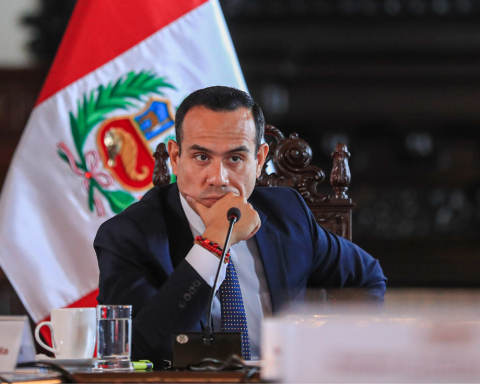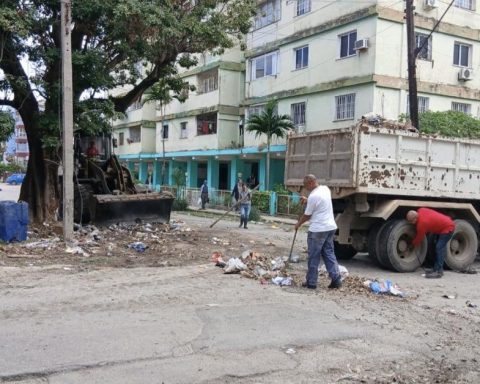Technicians from the Armed Forces went today (3) to the Superior Electoral Court (TSE), in Brasília, to inspect the source codes of the electronic voting machine and electronic voting systems, informed the Court’s advisory. 
According to the work schedule, in the morning, explanatory meetings were held with Electoral Justice technicians, and, this afternoon, the source codes begin to be inspected in a room installed by the TSE at its headquarters specifically for this purpose.
Source code is a set of commands and instructions, written in computer language, that integrate a program capable of triggering the operation of electronic equipment.
The inspection of the source codes of the elections by members of the Armed Forces takes place after the Minister of Defense, Paulo Sérgio Nogueira, on Monday (1st) sent a letter to the TSE asking for “very urgent” access to the data.
In response, the TSE informed that the access to all source codes used in the 2022 Elections have been available since October of last year to the entities inspecting the electoral process, including the Armed Forces.
The inspection has already been carried out, for example, by the Comptroller General of the Union (CGU), the Federal Public Ministry (MPF) and the Senate. The Federal Police (PF) scheduled to carry out the procedure between the 22nd and 28th of this month.
Political parties
All political parties can also inspect the codes. So far, the acronyms PV, PL and PTB have been interested in the procedure, although only the latter has actually conducted an inspection, informed the TSE.
Since the 2020 municipal elections, the TSE has been expanding the list of entities that may have free access to source codes of the electronic voting system, developed by programmers from the Electoral Justice itself.
In addition to official bodies, the list includes, among others, entities such as the Brazilian Bar Association (OAB) and the technology departments of academic institutions. The Federal University of Rio Grande do Sul (UFRGS) carried out the inspection in March.
In addition, the Federal University of Pernambuco (UFPE), the State University of Campinas (Unicamp) and the Federal Police are participating in a pilot project that allows remote access to codes.















